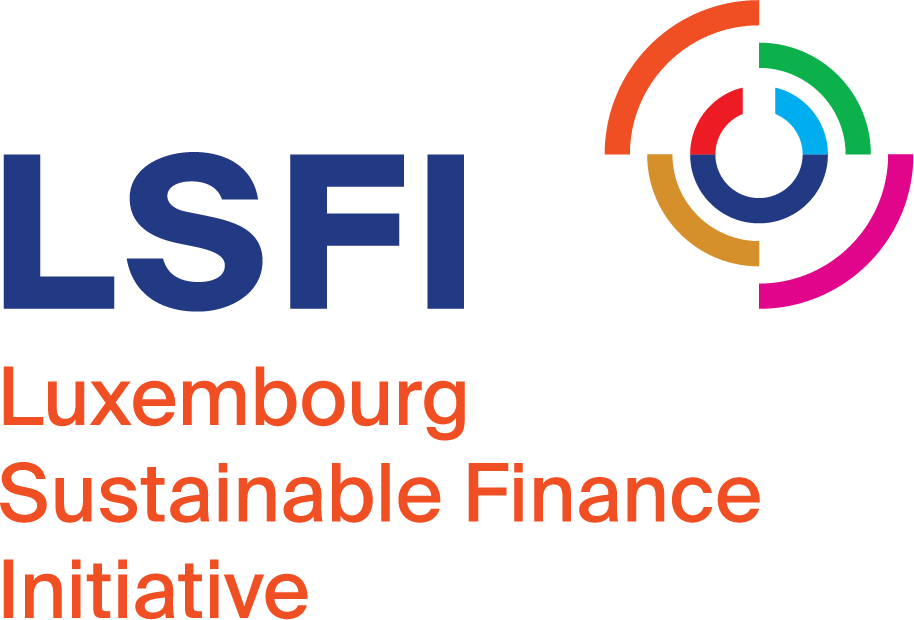Cadres de données pour vous aider à naviguer dans votre démarche de finance durable
Centre de ressources – Cadres ou principes
Explorez les principaux cadres ou principes qui guident les professionnels de la finance. L’image ci-dessous donne un aperçu de ces plateformes, expliquant ce qu’elles sont, ainsi que quand et pourquoi les utiliser. Le tableau ci-dessous donne un aperçu des principaux cadres pertinents pour ce domaine. Vous pouvez filtrer par public cible, thèmes, ou effectuer une recherche directe avec des mots-clés. Pour une meilleure expérience, nous recommandons d’ouvrir cette page sur un ordinateur portable et de la visualiser en mode plein écran.
Trouver un cadre
| wdt_ID | Name | Description | Targets | Themes | Members / AUM |
|---|---|---|---|---|---|
| 1 | 2X Challenge Financing for Women | Unlock resources that will help advance women’s economic empowerment and gender equality. | Financial Institutions | Diversity & Inclusion, Gender Equality, Women’s Empowerment | NA |
| 2 | A Legal Framework For Impact | Analyse how investors can manage their fiduciary and sustainability impact duties and what happens if they are in conflict. | Investors | Impact Investing, Sustainable Finance | 539 / NA |
| 3 | Asset Owner Diversity Charter | Formalise a set of actions to improve diversity, in all forms, across the investment industry. | Asset Owners | Diversity & Inclusion, Justice | 26 / £1 tn |
| 4 | Biodiversity Footprint for Financial Institutions (BFFI) | An impact assessment approach developed to enable financial institutions integrate biodiversity impact into their investment decisions. | Financial Institutions | Biodiversity, Ecosystem, Environment | NA |
| 5 | CDSB framework for reporting environmental and climate change information | Approach for reporting environmental and climate change information in mainstream reports, such as annual reports, 10-K filing, or integrated reports. | Companies, Financial Institutions | Accounting, Climate Disclosure, Environment | NA |
| 6 | Equator Principles (EPs) | Minimum requirements to determine, assess and manage environmental and social risks in projects financing. | Financial Institutions, Infrastructures, Organisations Project Finance | Environment Risk, Social Risk | 128 / NA |
| 7 | European Microfinance Platform | Assess the environmental performance of financial services providers and other stakeholders in green inclusive finance and defines action plans to improve. | Academia, Financial Institutions | Microfinance | 95 / NA |
| 8 | GHG Protocol for Project Accounting (GHG Project Protocol) | Quantify the greenhouse gas benefits of climate change mitigation projects. | Organisations Project Finance | Accounting, GHG Emissions | NA |
| 9 | Global Biodiversity Framework (GBF) | Provides a set of goals and targets aiming to catalyze and enable urgent and transformative action in our societies’ relationship with biodiversity by 2030. | Financial Institutions | Biodiversity, Ecosystem, Environment | NA |
| 10 | Green / Social / Sustainability linked Loan Principles (GLP, SLP, SLLP) | Promote integrity in the development of the loan market by clarifying how to categorize loans as green / social / or sustainability linked. | Financial Institutions, Green Loans, Social Loans, Sustainability-linked Loans | Environment, Social, Sustainable Finance | NA |
Avertissement – Veuillez noter que la LSFI est une association à but non lucratif visant à soutenir le développement de la finance durable. Le contenu du site web de la LSFI a pour objectif de servir cette mission en fournissant des informations permettant à son audience de mieux comprendre et appréhender les concepts et acteurs de la finance durable. Ce travail ne prétend ni être exhaustif ni favoriser une organisation plutôt qu’une autre. Il ne doit en aucun cas être considéré comme un conseil financier ou juridique.


